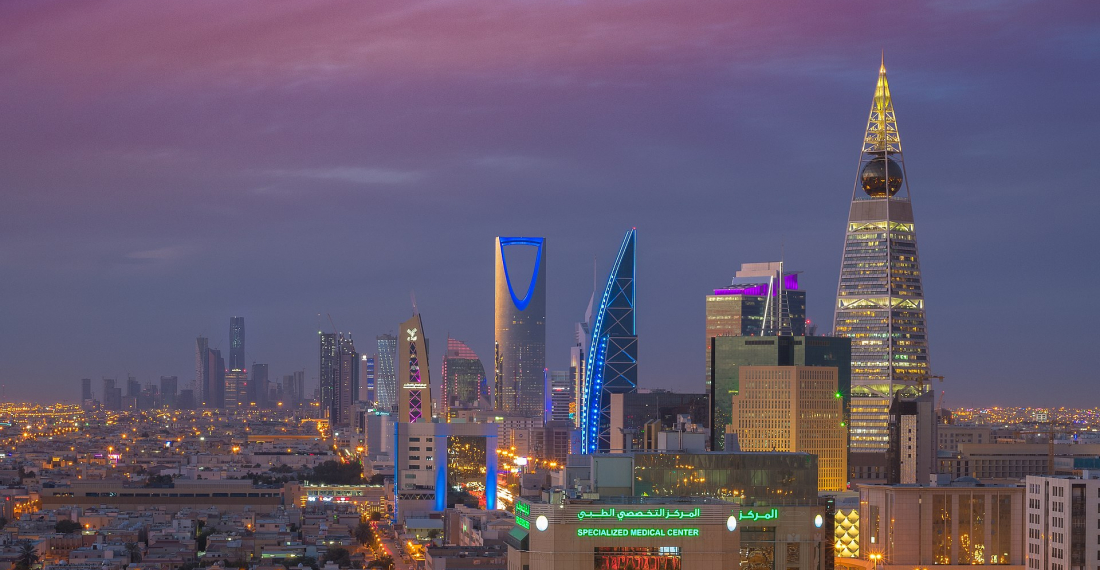Saudi Arabia is continuing its clampdown on corruption within its bureaucracy, particularly in the defence sector, launching more than 150 new criminal cases after investigations by its Control and Anti-Corruption Authority (Nazaha).
The cases involve 226 individuals and legal proceedings against them are underway, the body said on Thursday (26 November). They include the case of a number of officers and civil servants working at the Ministry of Defense as well as other individuals.
They are being investigated for suspicious financial dealings, committing bribery, abusing influence, fraud, squandering public money and laundering money to achieve illicit financial gains amounting to more than SR1.23 billion ($328 million).
Of the 48 defendants investigated in this case, 19 were defense ministry employees, three civil servants, 18 businessmen and eight people working in companies. Some 44 of these individuals have been charged after investigations and the authorities are working to recover the stolen money.
The second case involves the arrest of a director of quality management in one of the Kingdom’s regions and two of his brothers who helped him obtain a bribe amounting to SR23.2 million in exchange for awarding a number of projects to a businessman (a contractor at the municipality they were located in) worth SR170 million.
The third case involves the arrest of a finance ministry representative who received a bribe worth SR100,000 from an enterprise which has contracts with government entities amounting to SR23 million to overlook financial irregularities.
In the fourth case, a retired major general at the National Guard was arrested for receiving SR8.2 million in bribes during his employment from a company in exchange for helping it to obtain ministry contracts. Three employees at the company were also arrested for their involvement.
In the fifth case, the health ministry helped arrest a contracts director who paid a SR70,000 bribe to an employee in the archives department in exchange for paperwork pertaining to patients.
In the final case, an education ministry employee was arrested for receiving a bribe worth SR20,000 to employ people in her workplace.
source: commonspace.eu with Arab News (London) and agencies
photo: Riyad skyline (archive picture)







